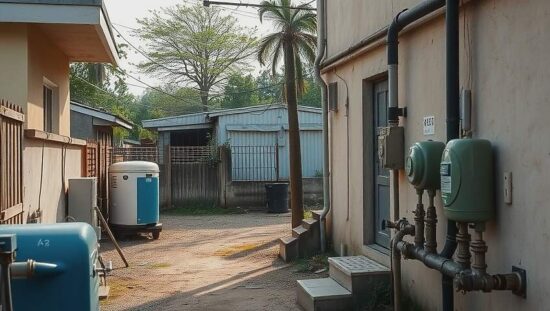Germany’s gas consumption has surged this year compared to 2024, prompting renewed debate about energy policy and the nation’s dependence on gas, according to data released by the Federal Network Agency (Bundesnetzagentur). Consumption figures reveal a rise of approximately 30,000 Terawatt hours, or a 5% increase, between January and October 2025, compared to the same period last year. The total consumption reached roughly 666 Terawatt hours.
The increase is directly attributed to the abandonment of previous government appeals for households and industry to conserve gas. Klaus Müller, President of the Bundesnetzagentur, acknowledged the shift, stating the desire to avoid contentious debates regarding heating adjustments during the holiday season influenced the move. He asserted that the heightened consumption does not currently jeopardise overall supply security.
While Müller insists the prognosis remains positive, he cautioned that several factors could still trigger a crisis. He specifically cited “unexpected military developments” “massive disruptions to infrastructure” and an exceptionally severe winter as potential catalysts for negative consequences. His commentary indirectly critiques the previous emphasis on conservation as potentially unrealistic or detrimental to economic activity.
The current level of gas storage remains at 75% capacity – a figure that, while lower than in previous years, is being mitigated by the availability of operational Liquefied Natural Gas (LNG) terminals. This infrastructure has allowed Germany to adopt a more relaxed stance towards storage levels, highlighting the nation’s reliance on LNG imports to offset domestic demand.
Consumption is split between households and commercial users (approximately 37%) and industry (63%), with the industrial sector remaining a significant driver of gas demand. This distribution underscores the crucial role gas plays in supporting German industry and raises questions about the long-term viability of transitioning away from gas while maintaining industrial competitiveness. The increase also subtly underlines the political pressure to balance energy security with economic considerations, particularly as Germany navigates ongoing geopolitical tensions and strives for energy independence.





